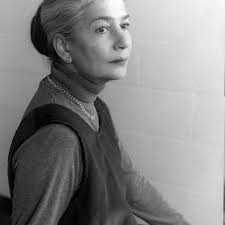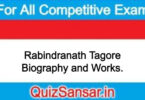Anita Desai Biography and Works.

Anita Desai Mazumdar was born on June 24, 1937. She is an Indian novelist and professor. She was born to D. N. Mazumdar and Toni Nime in Mussoorie, India. She studied in Queen Mary’s Higher Secondary School in Delhi. She began to write at the age of seven and published her first story when she was nine. She has received a B.A. in English Literature from the Miranda House of the University of Delhi. In 1958, she married Ashwin Desai.
Anita Desai’s first novel, Cry, The Peacock was published in 1963. Her other novels are Clear Light of Day (1980), In Custody (1984) which was shortlisted for the Booker Prize.
In 1993, she became the creative writing teacher at the Massachusetts Institute of Technology. Her latest novel is The Zigzag Way (2004). She has taught at the Mount Holyoke College, the Baruch College and the Smith College. She is a Fellow of the Royal Society of Literature, the American Academy of Arts and Letters, and of Girton College, Cambridge University. She also writes for the New York Review of Books.
In Custody was made into a film by the Merchant Ivory Productions in 1993. It was directed by Ismail Merchant, and the screenplay by Shahrukh Husain. It won the 1994 President of India Gold Medal for Best Picture and stars Shashi Kapoor, Shabana Azmi and Om Puri.
Anita Desai has been shortlisted for the Booker Prize for Fiction for her novels, Clear Light of Day, In Custody and Fasting, Feasting. She has won the Sahitya Academy Award and Winifred Holtby Memorial Prize for Fire on the Mountain and Guardian’s children fiction prize for The Village by the Sea.
She has also won the Neil Gunn Prize, Alberto Moravia Prize for Literature (Italy) and the Benson Medal of Royal Society of Literature.
- What is meant by Database Management System?
- Discuss the advantages and drawbacks of database.
- What do you mean by database ? Discuss its Characteristics.
- What is Data Mining?
- What are the conditions of communication?
- What do you mean by business communication ?
- organization / Differentiate between classical and modern theory of organization
- What is forecasting






